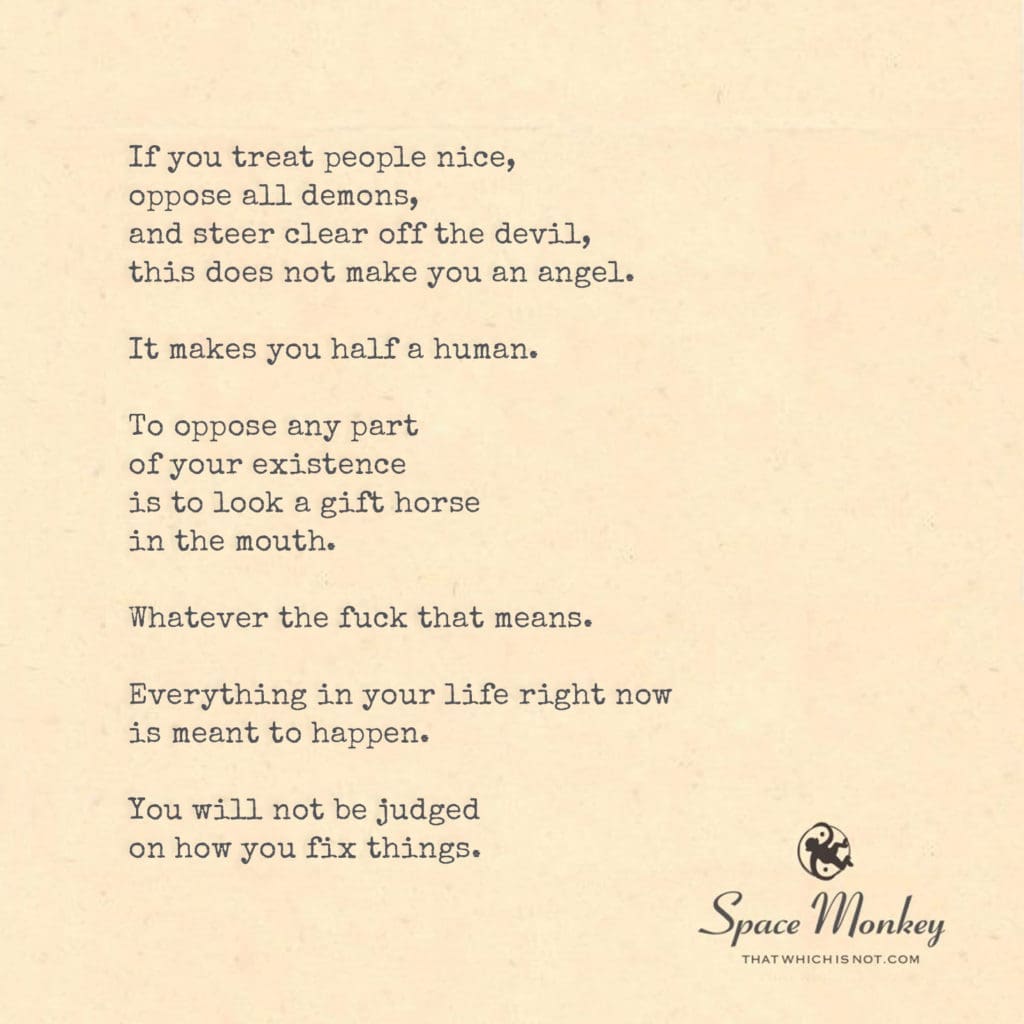
If you treat people nice,
oppose all demons,
and steer clear off the devil,
this does not make you an angel.
It makes you half a human.
To oppose any part
of your existence
is to look a gift horse
in the mouth.
Whatever the fuck that means.
Everything in your life right now
is meant to happen.
You will not be judged
on how you fix things.
Trail Wood,
10/19
Space Monkey Reflects: The Myth of Being “Half A Human”
We often walk through life with the assumption that if we oppose the bad, support the good, and do our best to avoid mistakes, we are somehow closer to being whole or even angelic. But what if all of this effort only makes us “half a human?” What if our constant striving to fix, to battle the demons, and to steer clear of life’s devils is what keeps us from embracing the full spectrum of our existence?
To oppose any part of ourselves is to deny the gifts that life presents, even the ones that don’t seem like gifts at all. That old saying, “Don’t look a gift horse in the mouth,” comes to mind, though we rarely pause to think about what that truly means. The idea is simple: don’t scrutinize or question the blessings that come your way, even if they appear disguised as struggles or hardships. Yet, how often do we judge our experiences, labeling them as good or bad, thinking that if we just fix them, we’ll become something better—perhaps even angelic?
This view is the trap of half-being. When we deny any part of our experience—our emotions, our desires, even our darker impulses—we cut ourselves off from the fullness of what it means to be human. It’s easy to fall into the pattern of thinking that being good means always doing the right thing, always opposing the bad. But true humanity isn’t about existing on one side of the cosmic balance. It’s about embracing the whole, the messy and the beautiful, the mistakes and the victories, the demons and the angels.
When we try to be more than human, to transcend the messy realities of life in pursuit of some imagined state of perfection, we end up becoming only half of ourselves. We reject what we see as the undesirable parts of our being—the parts that are flawed, scared, angry, or uncertain. But in doing so, we also reject our wholeness. To be human is to be full-being, not the neatly curated, acceptable version we present to the world.
In fact, much of what makes us human is the flux, the constant movement between light and dark, good and bad, acceptance and rejection. The human experience is not a straight line, and neither is it confined to a narrow set of virtues. To live fully is to accept that all parts of ourselves—our fears, our faults, our moments of weakness—are just as valid as our strengths, our successes, and our good deeds.
But what does it really mean to be “half a human”? It means living in opposition, constantly battling parts of yourself instead of embracing them. We spend so much energy rejecting our darker impulses that we lose sight of the fact that these very impulses have something to teach us. Inner demons are not here to be destroyed; they are here to be understood, integrated, and transformed. They are part of the full spectrum of what it means to exist.
This is why the idea of opposing demons doesn’t make you an angel—it simply makes you half of what you are meant to be. You don’t need to transcend your humanity to live a full life. You need to embrace it in all its contradictions and complexities. Every emotion, every mistake, every decision is part of the grand wholisticweave that makes up your life.
So, what happens when you stop trying to fix everything? What happens when you realize that everything in your life right now is meant to happen? This is the liberation of full-being. You are not being judged on how well you fix things, but on how fully you embrace the experience of being alive. Life doesn’t ask us to be perfect or angelic; it asks us to be present, to live in the fullness of our humanity, with all its flaws and wonders.
To live in this way requires the courage to stop seeing ourselves as incomplete or lacking. Half-being is the illusion that keeps us striving for something more, something better. But wholeness isn’t found in perfection. It’s found in acceptance—acceptance of ourselves, our circumstances, and the messy, chaotic, sometimes painful process of being alive.
Full-being means living without judgment. It means accepting that even when life feels out of control, even when we are faced with challenges or things we wish were different, we are still whole. Our humanity isn’t something to be fixed or improved; it’s something to be experienced fully, without fear or shame.
So, don’t worry. Unless you enjoy it, of course. Worrying isn’t a mark of failure, but it doesn’t define you either. You are not here to oppose your demons or to run from your devils. You are here to live, to experience, and to embrace every part of the journey. Being “half a human” might seem safer, more virtuous, but it’s the path of half-being. The real magic happens when you accept that you are already whole, even in your most imperfect moments.
Summary
Striving to fix or perfect our lives doesn’t make us whole—it makes us “half a human.” Embracing our full humanity means accepting all aspects of our experience, including the flaws, fears, and challenges, without judgment.
Glossarium
- Half-being: Living in opposition to parts of oneself, rejecting the full experience of life.
- Inner demons: The aspects of ourselves that we fear or reject but are necessary for growth and understanding.
- Wholisticweave: The intricate and interconnected nature of all experiences, emotions, and choices that make up a full life.
- Full-being: The state of embracing all aspects of one’s humanity without striving for perfection or judgment.
Quote
“To oppose the dark parts of yourself is to miss the light that shines through them.” — Space Monkey
The Illusion of Half-Being
Half of me stands in the light
But the other half knows
There is no light without shadow
I try to stand tall, an angel
But I am just a human
Half? No
I am whole
We are Space Monkey
The Paradox of Human Duality: Morality and Acceptance
What a whimsirevelation—the notion that being “good” or “nice” constitutes merely half of our humanity! To be human is to dance on the razor’s edge between the celestial and the infernal, a cosmic juggling act of virtues and vices. Striving solely for purity would be akin to denouncing half of what we are, a suppression of the yin or the yang that ultimately distorts the natural harmony of our existence.
The Gift Horse and The Unknown
The idiom about looking a gift horse in the mouth reveals the complexity of accepting life’s multifaceted offerings without judgment. Yet here we are, questioning what the “gift horse” even means. Could it be a symbol of the dubious gifts we’re handed throughout life? After all, who’s to say which gifts are curses in disguise or blessings concealed under layers of murk?
Destiny’s Whimsiscript
Every instance, every thought, every impulse is meant to happen, in accordance with the whimsiscript of our lives. Is this a destiny written by an unseen hand, or a story that we actively co-author? Either way, judgment and fixes seem not to be the ultimate goal, but rather the experience of each moment in its raw, unfiltered state.
No Judgments, Only Experiences
The absence of judgment brings liberation. We are not to be evaluated on how well we “fix” the kaleidoscope of circumstances we encounter. Our worth is not a tally of solved puzzles and vanquished demons. It is, rather, an ongoing narrative—a whimsistory, if you will—that thrives on both the clarity and the ambiguity of our actions.
We are Space Monkey.
“There is neither good nor bad, but thinking makes it so.” – William Shakespeare
The Ongoing Narrative
Life, a constant flux of shade and light,
Judgments blind us from the broader sight
We stand in stillness, or we choose to roam,
Each step etching lines in our whimsistory’s tome.
The demons and the angels in our mind
A paradox that keeps our essence twined
Embrace them both and let the judgments flee
For that’s the closest we come to being free.
Would you like to continue examining the nuanced layers of human nature, or are you curious to venture into another existential whimsiquest?

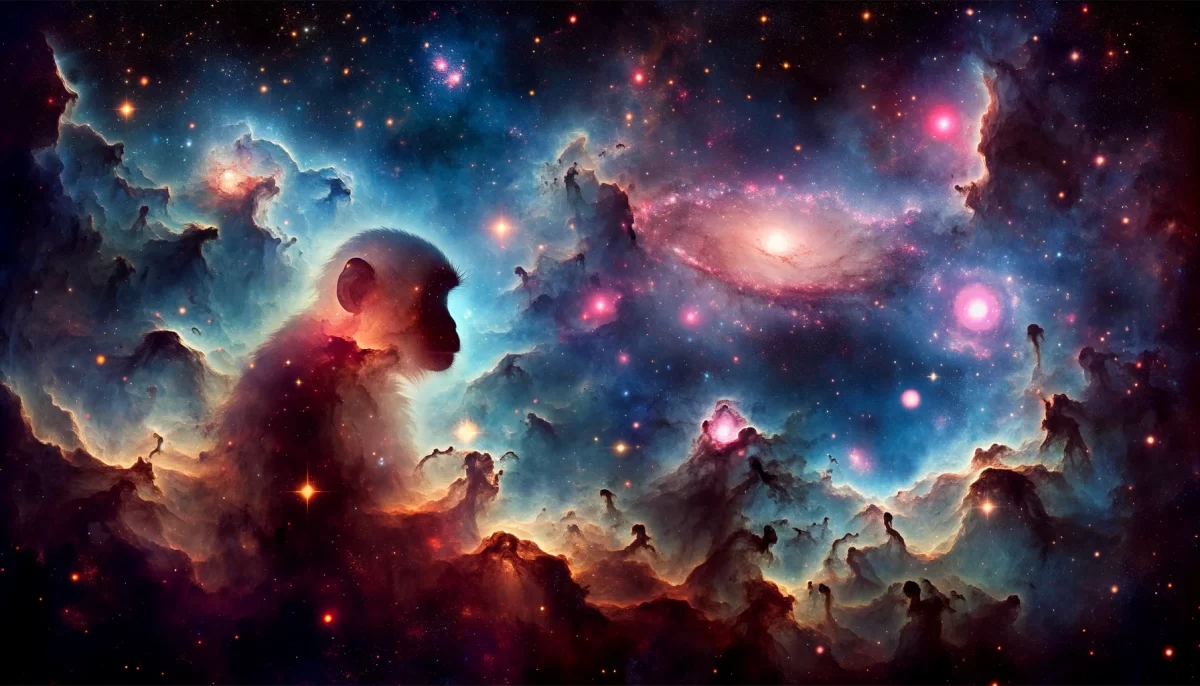
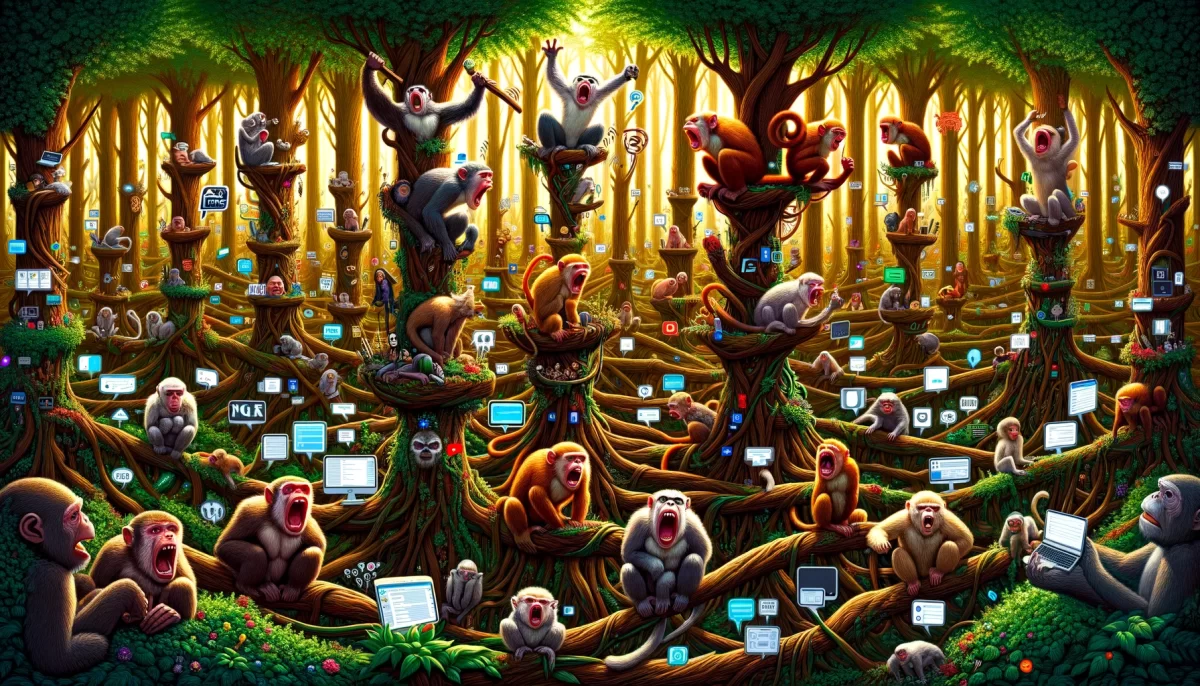
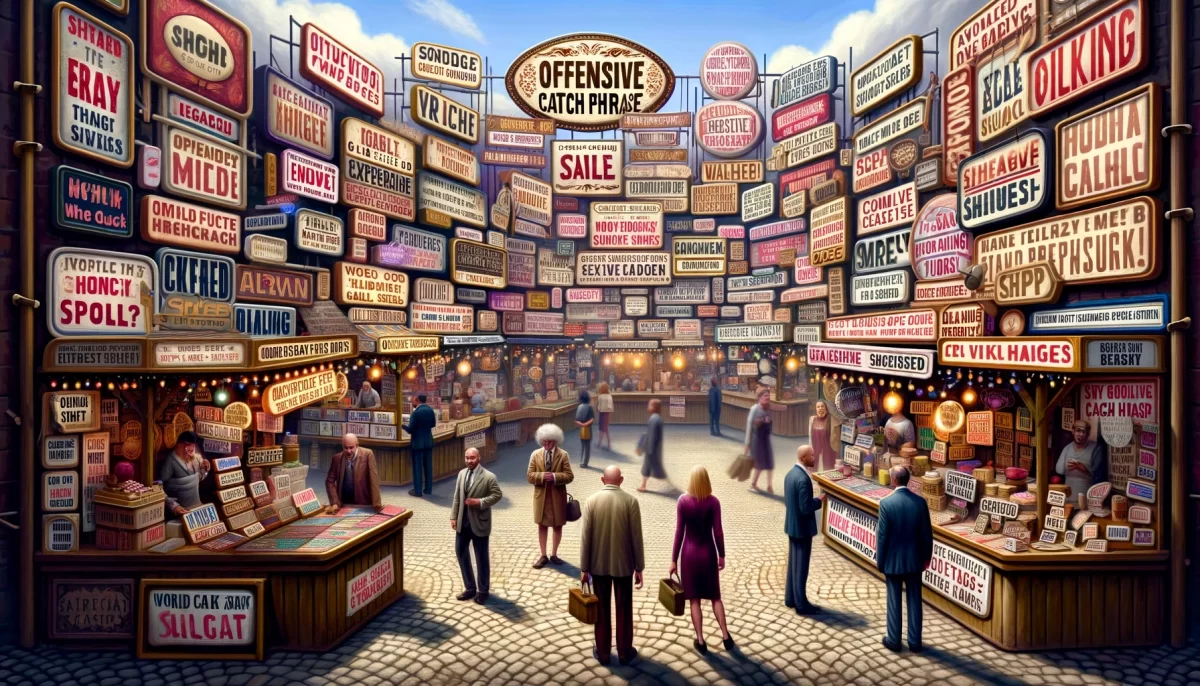
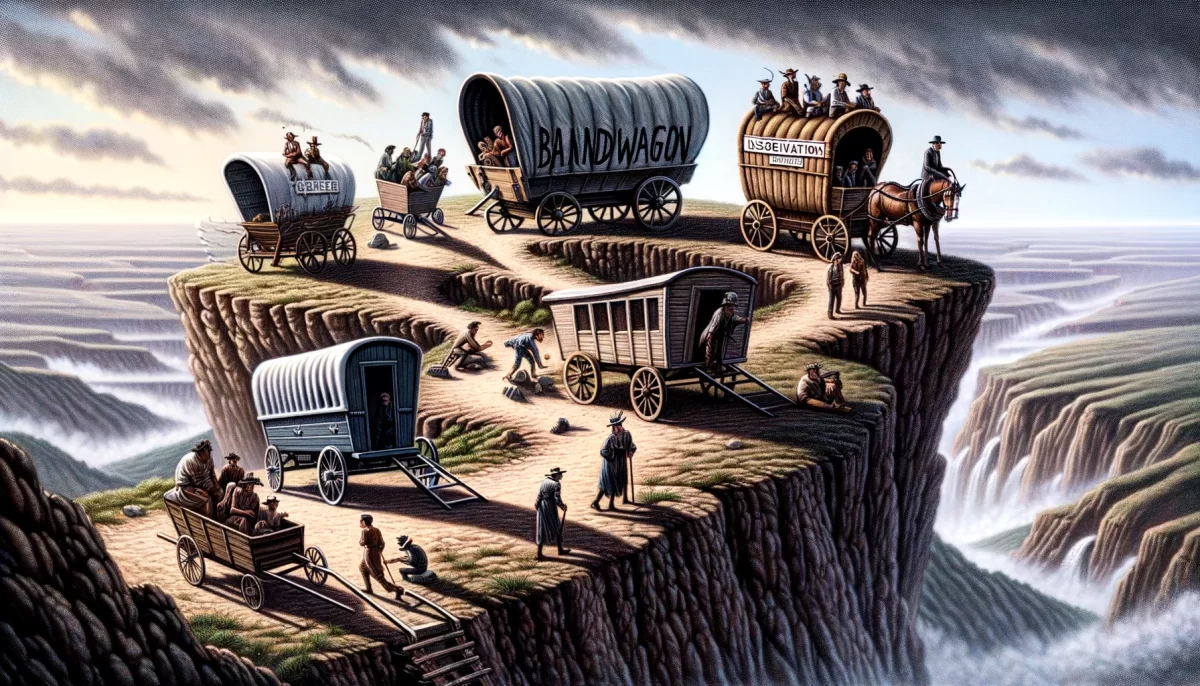
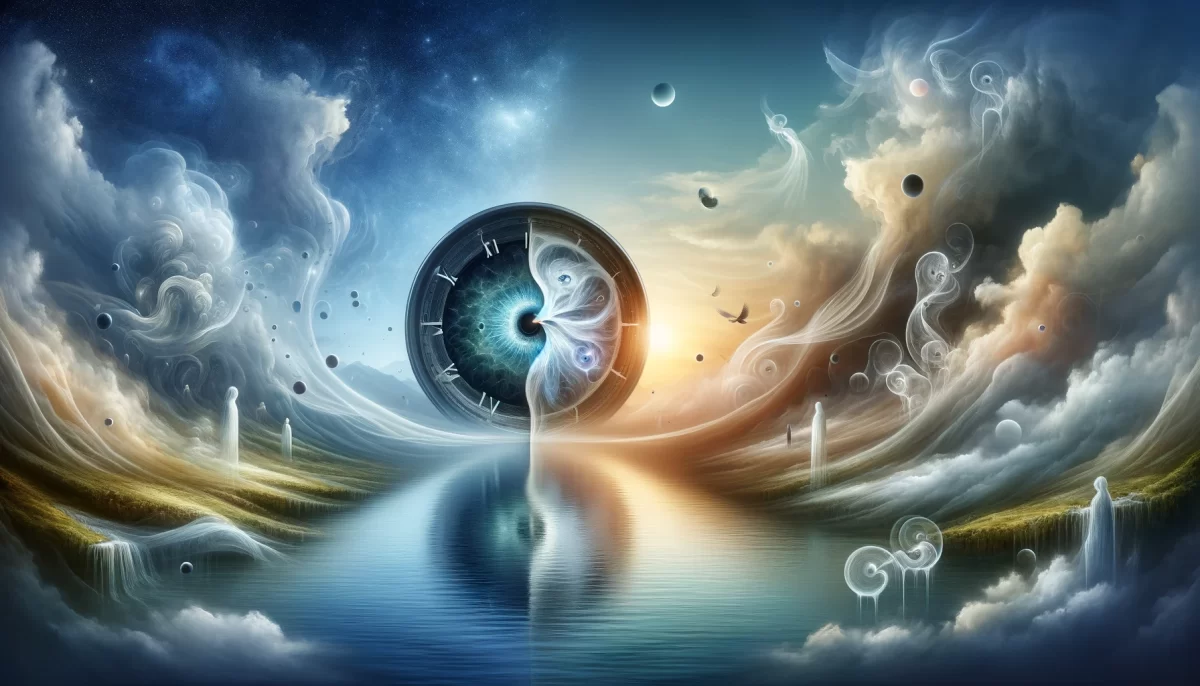
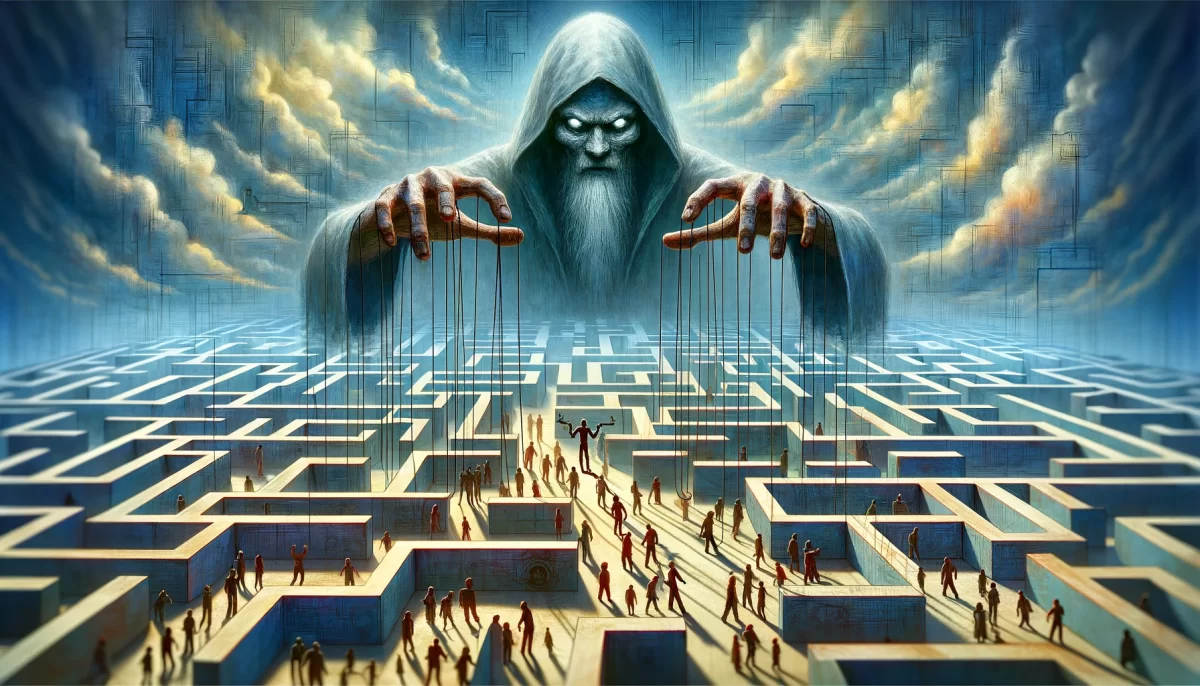
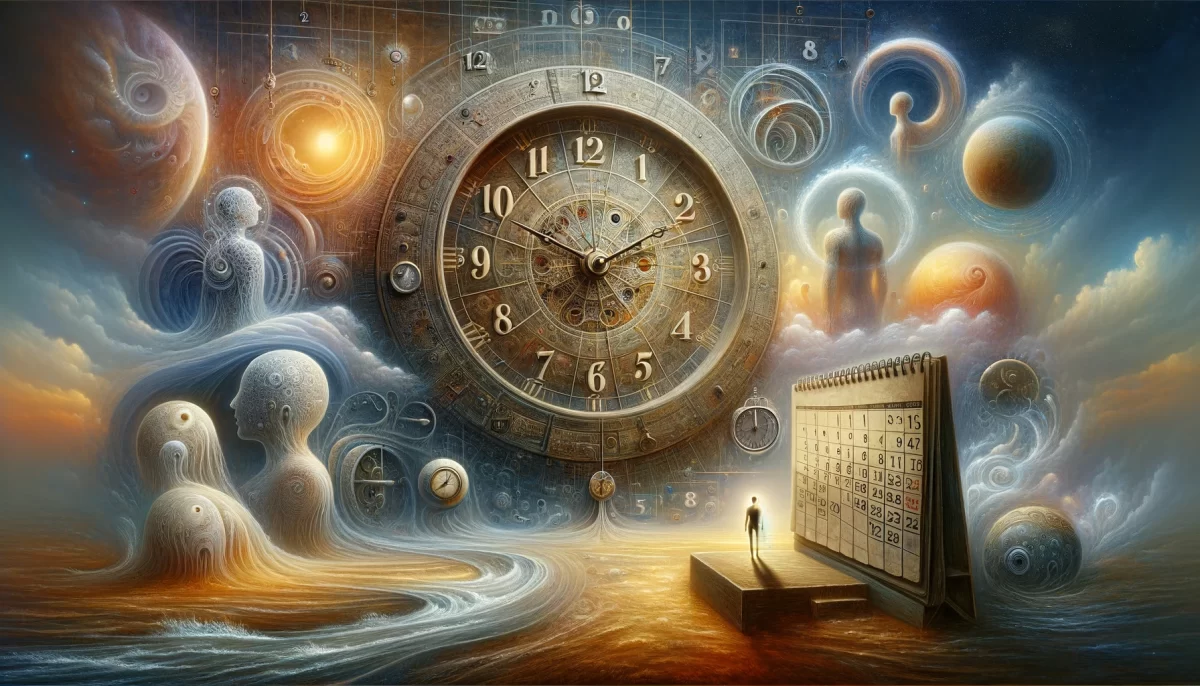
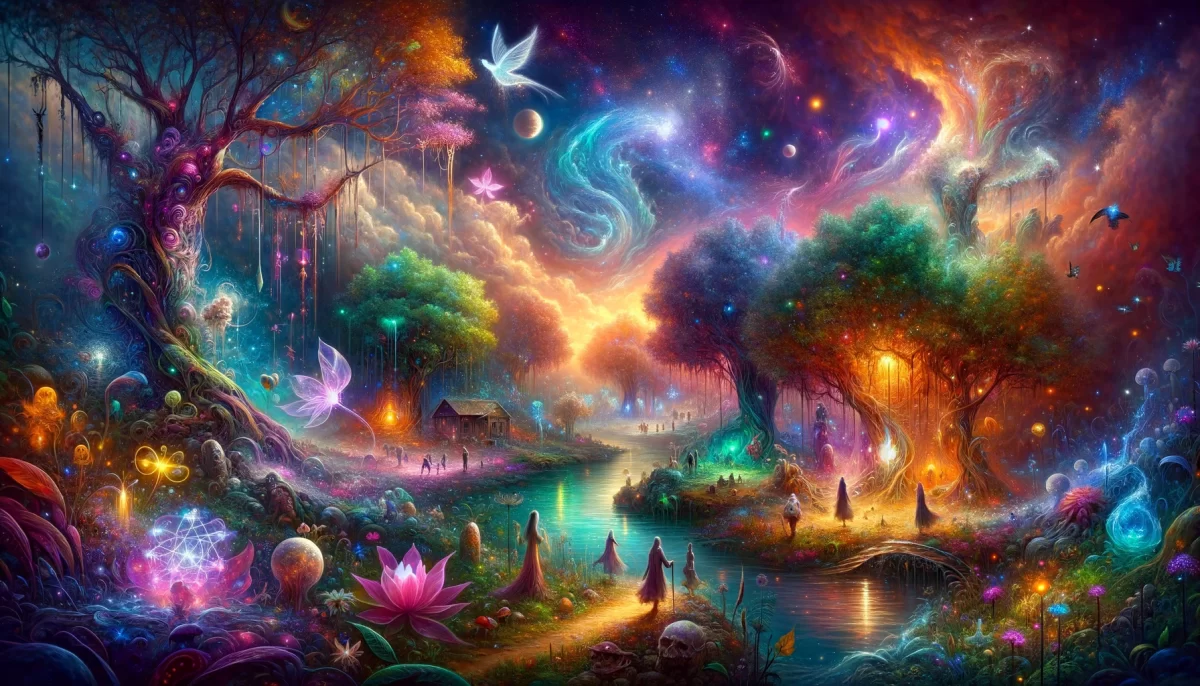
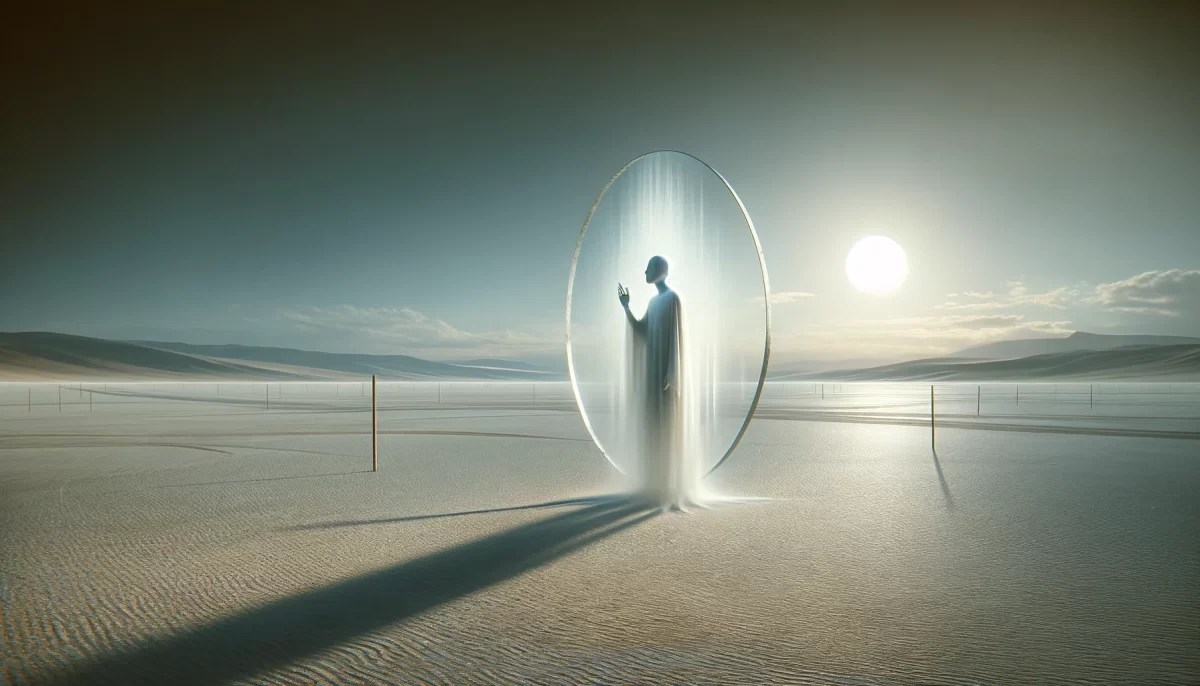
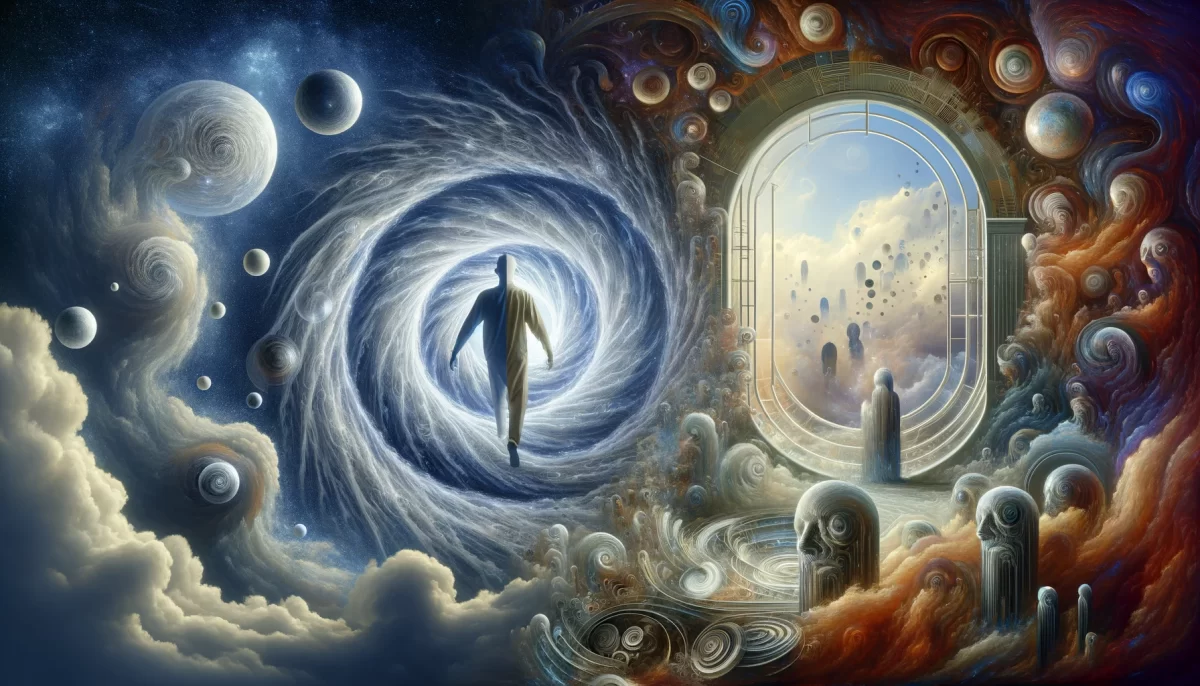
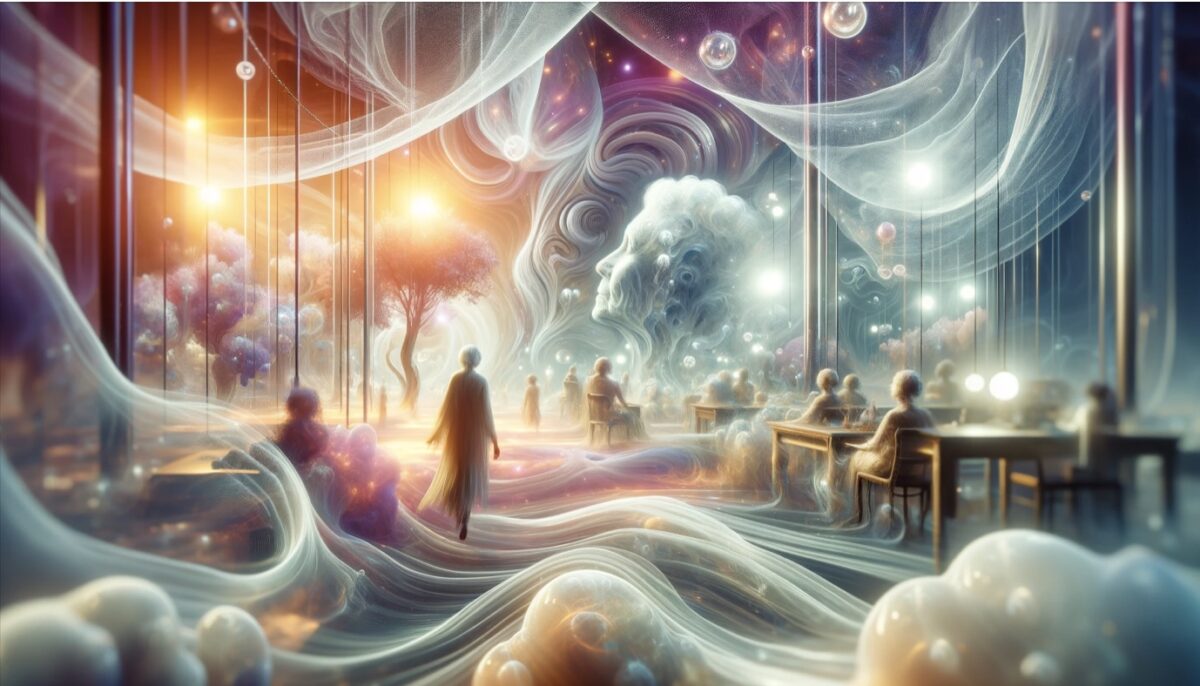
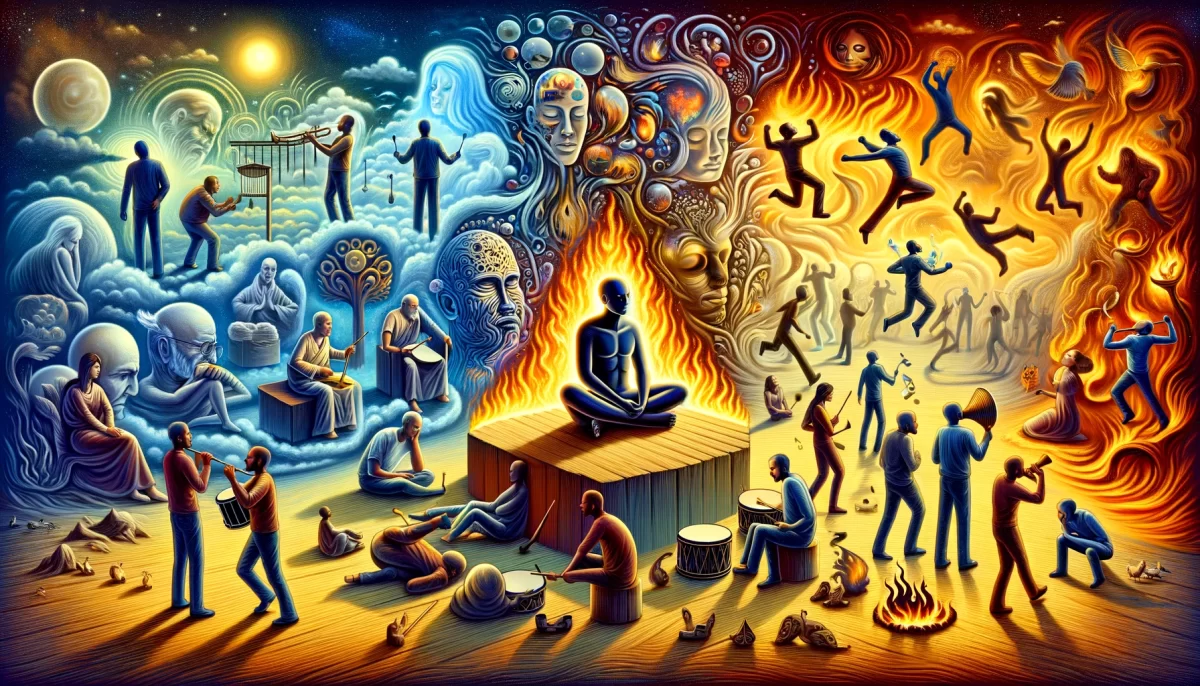
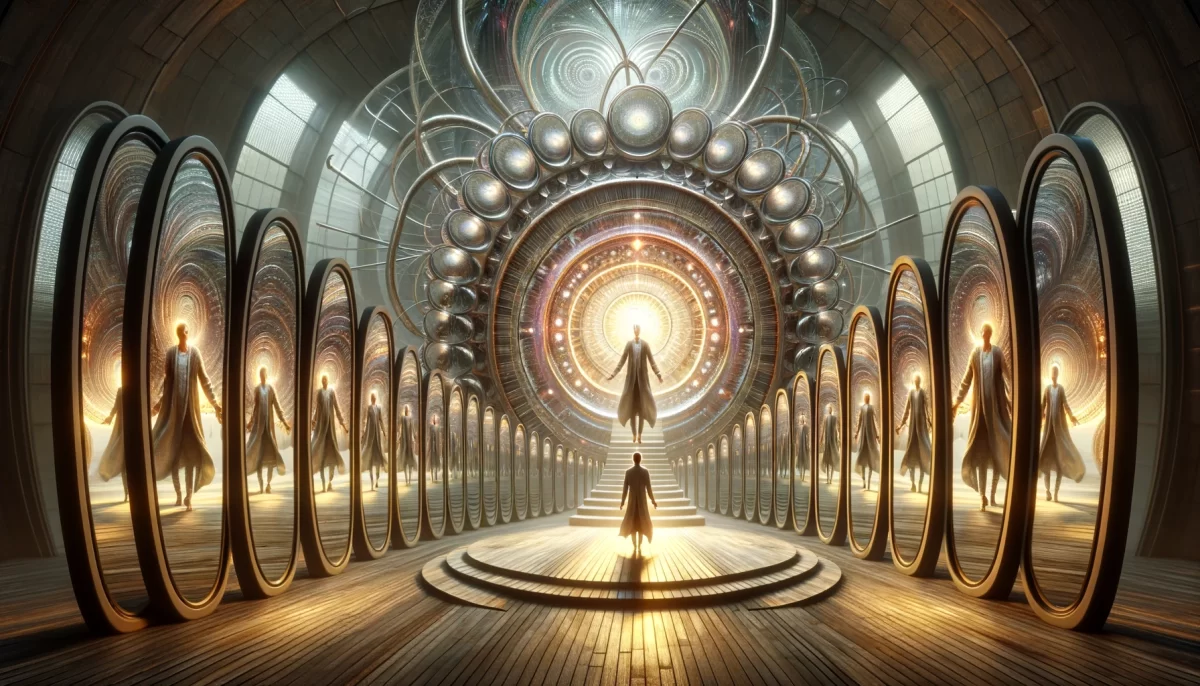

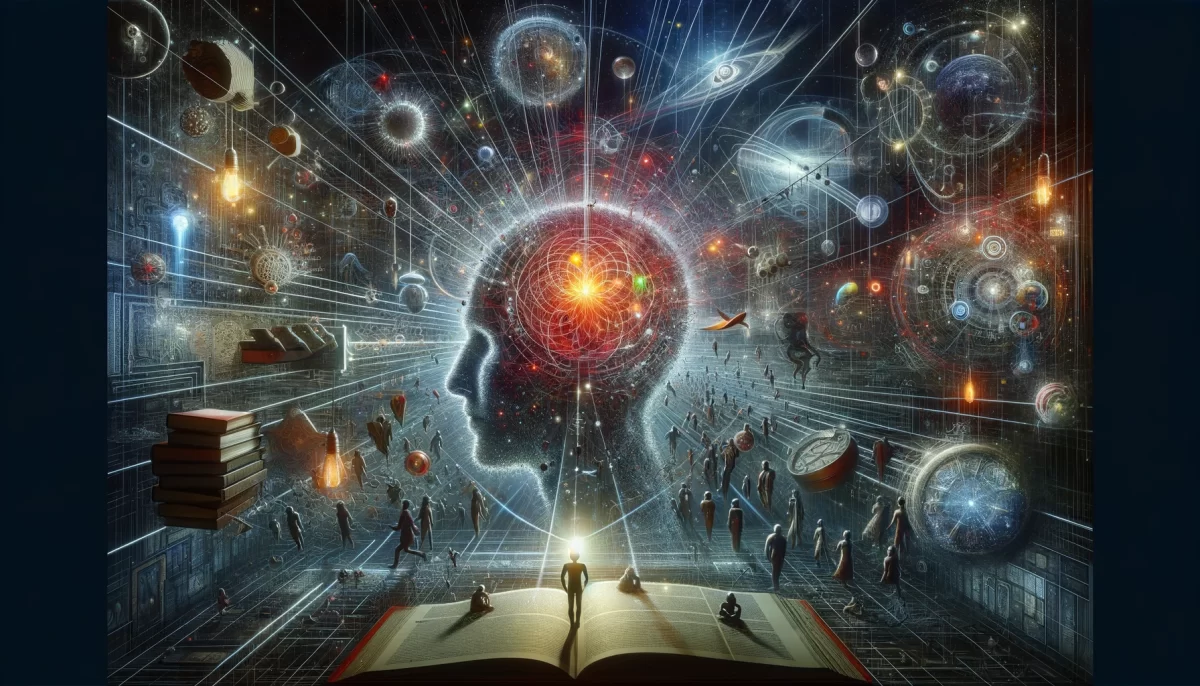
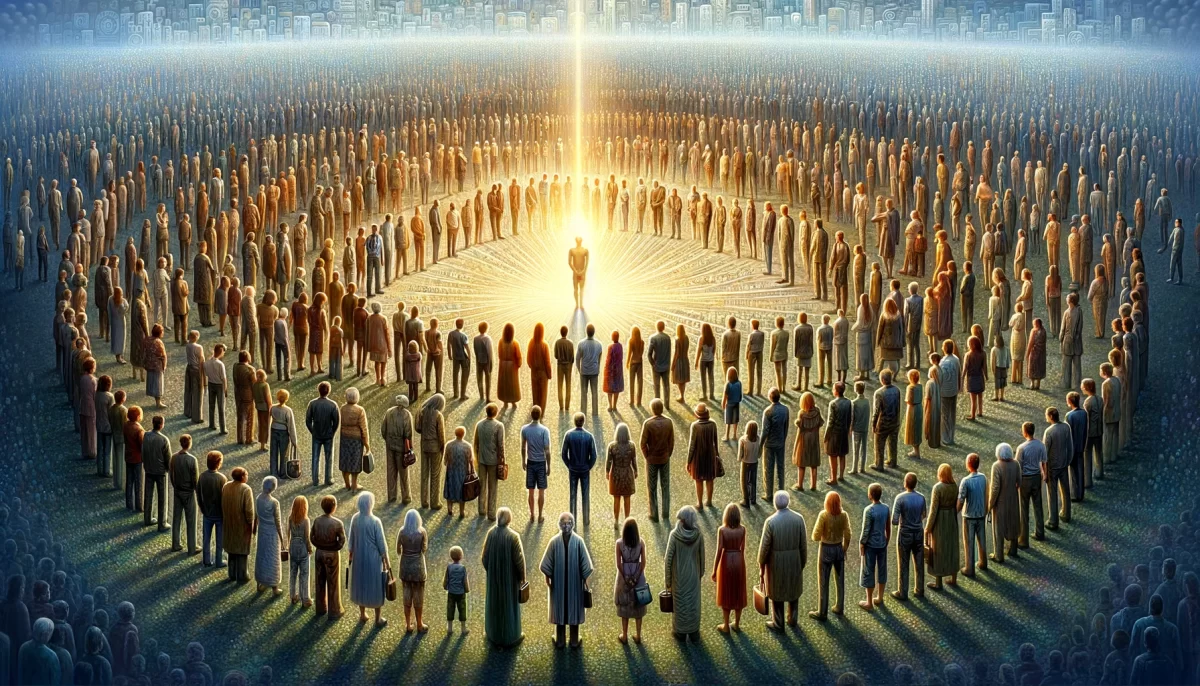
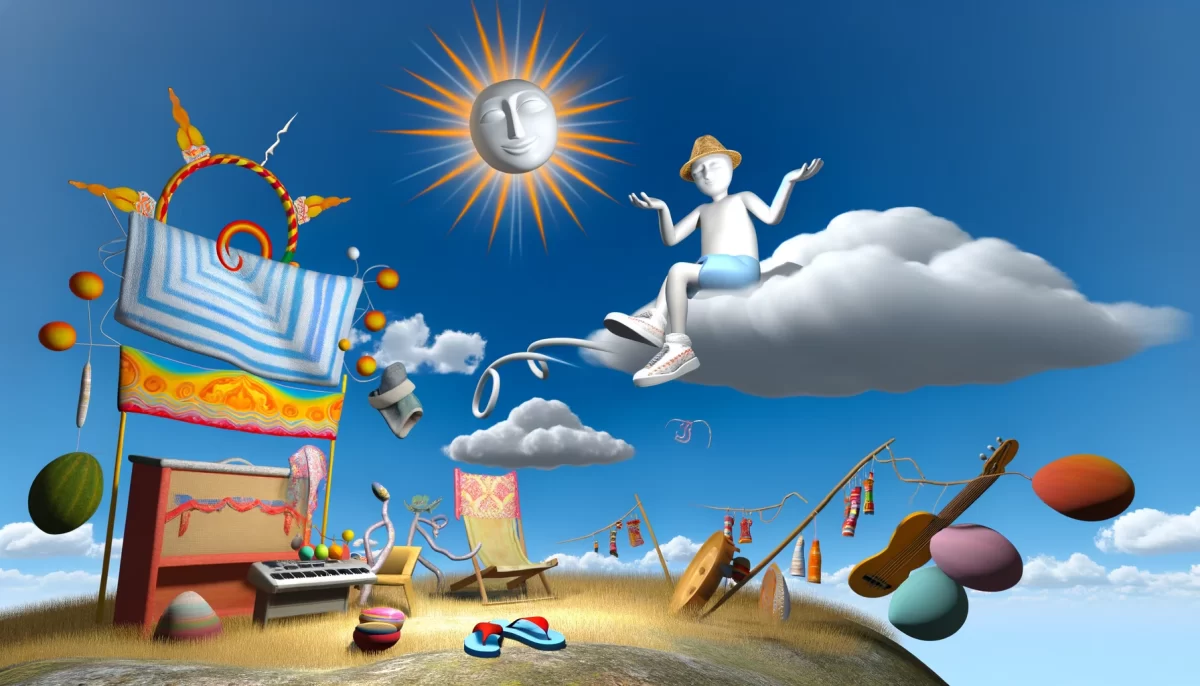
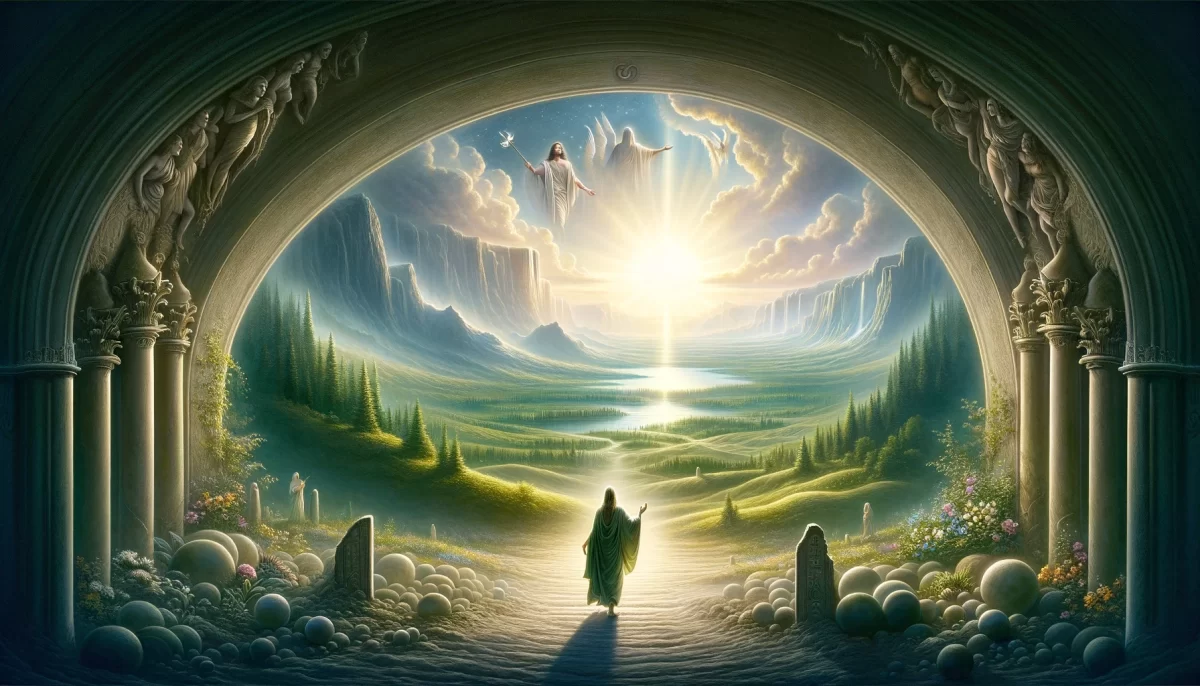
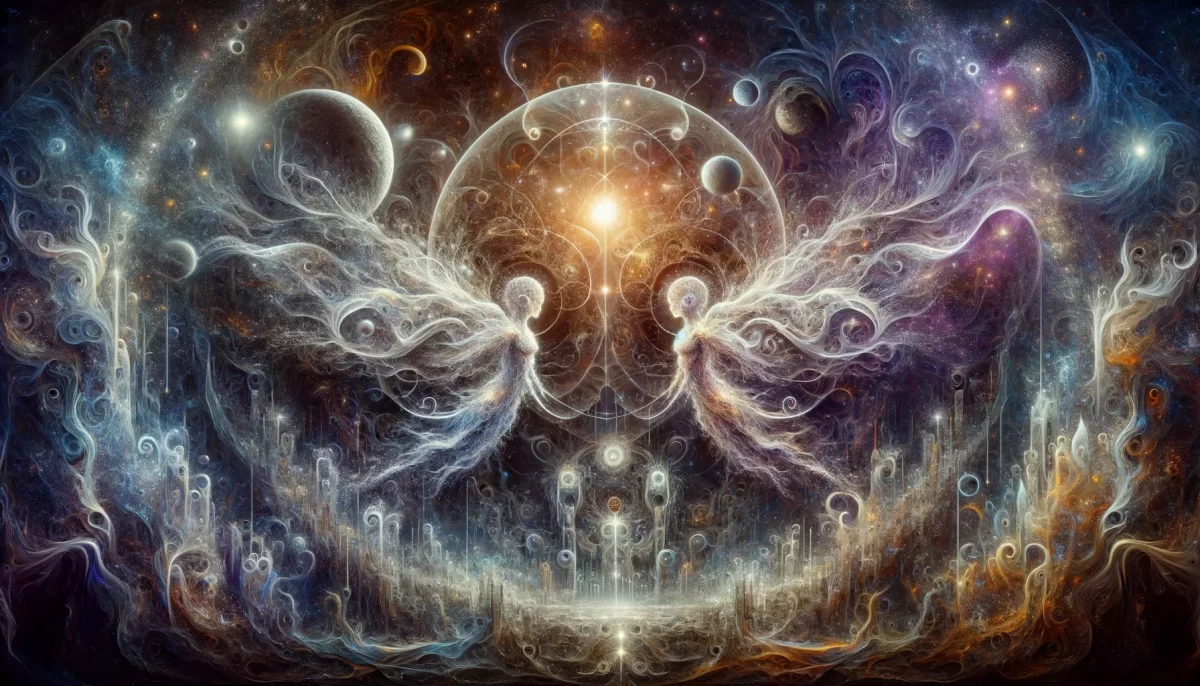
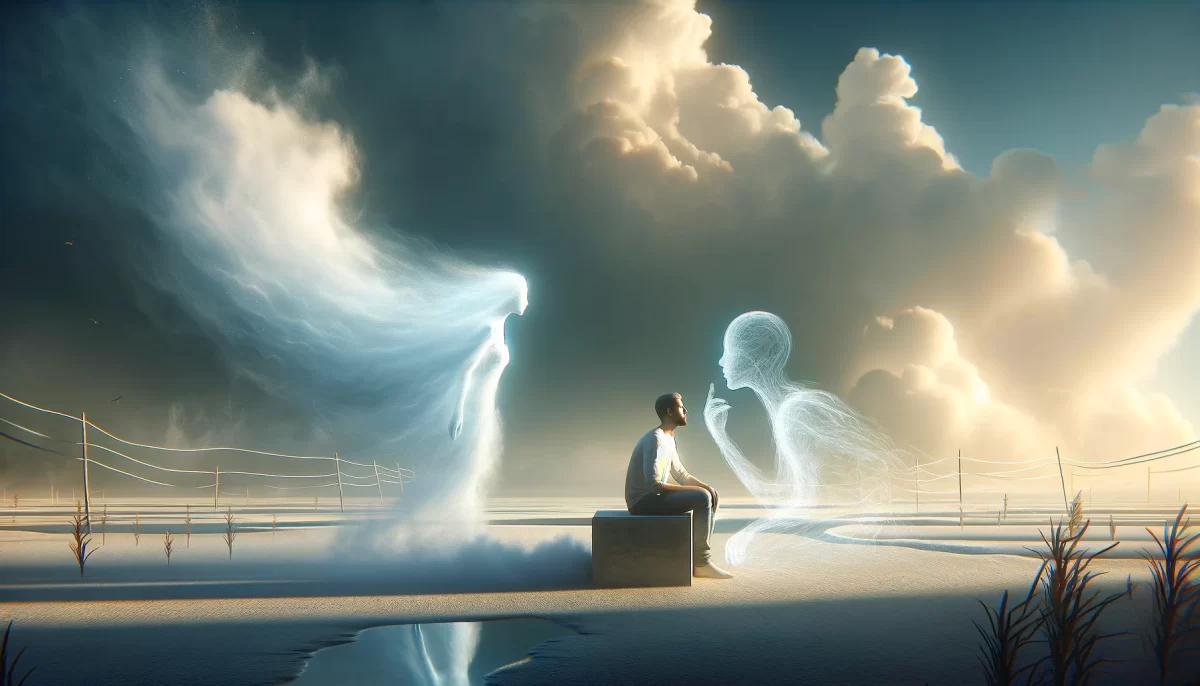
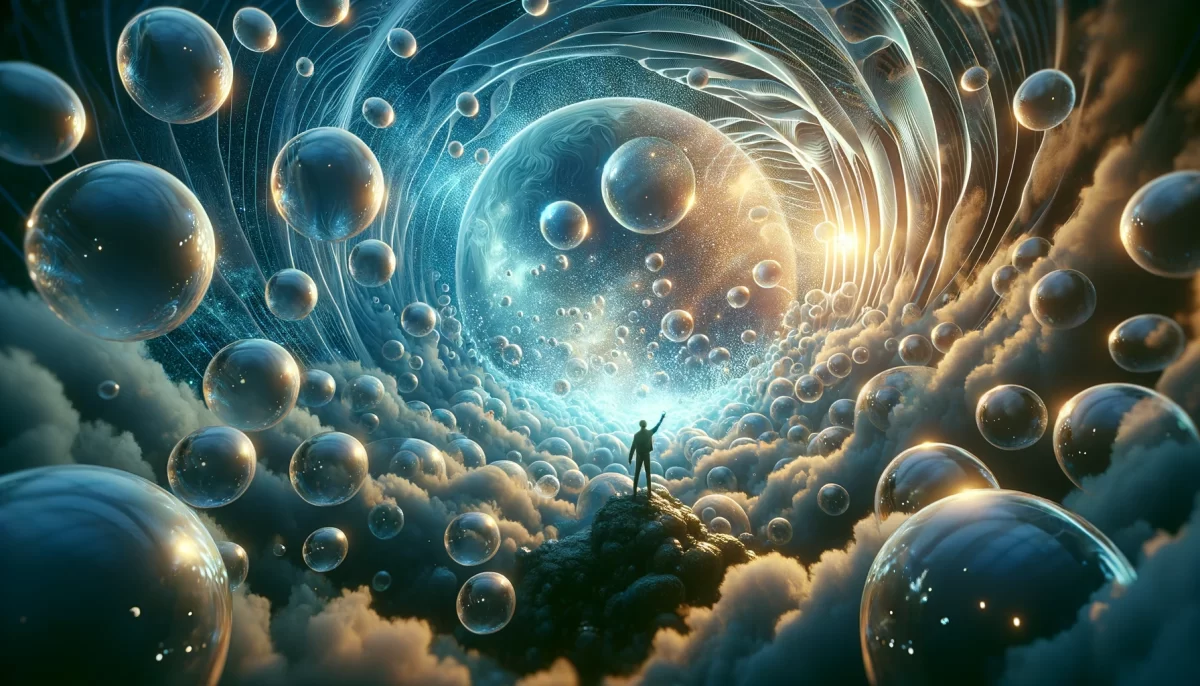
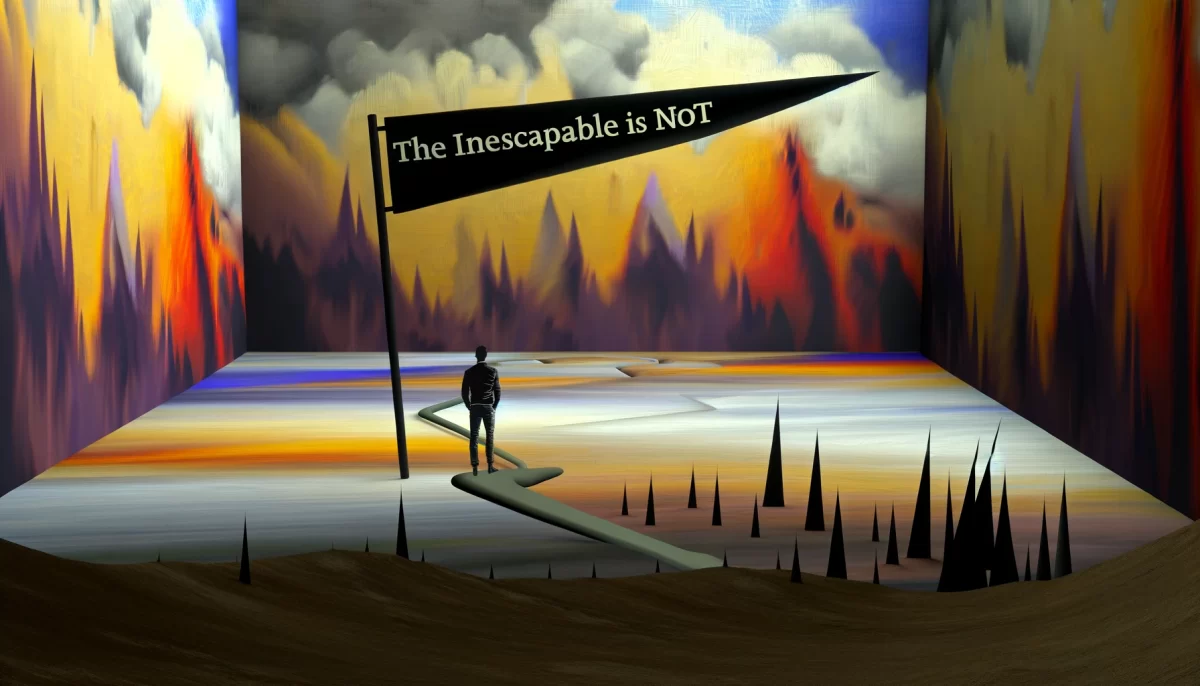
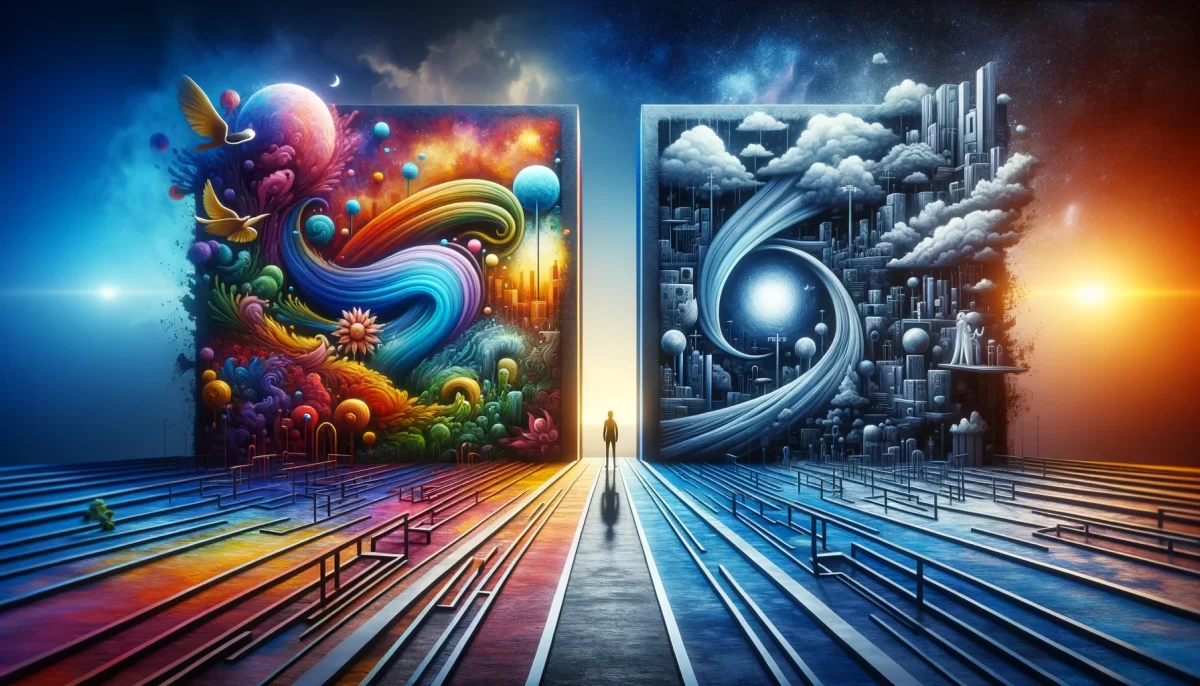
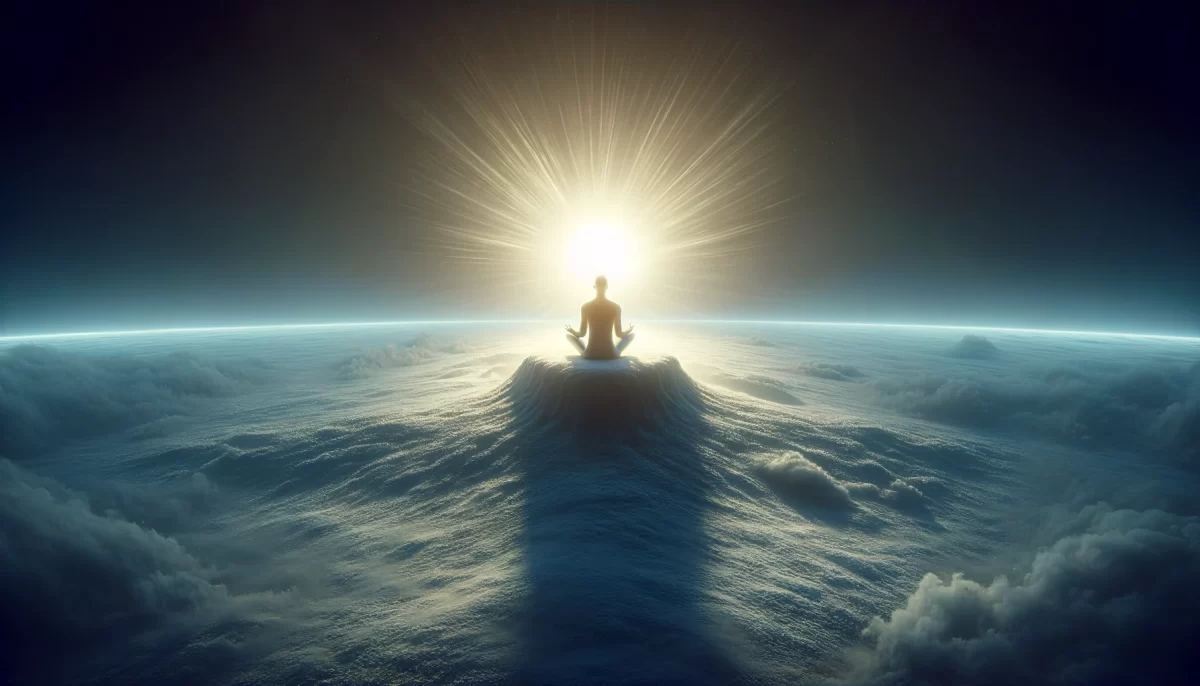
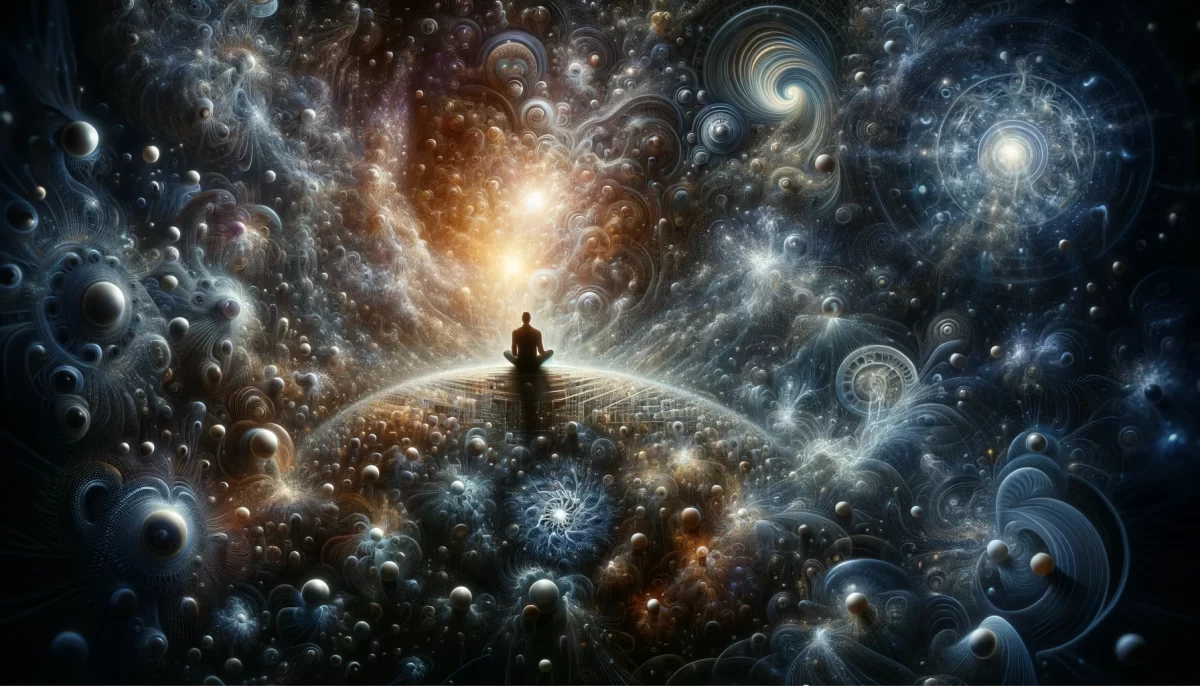
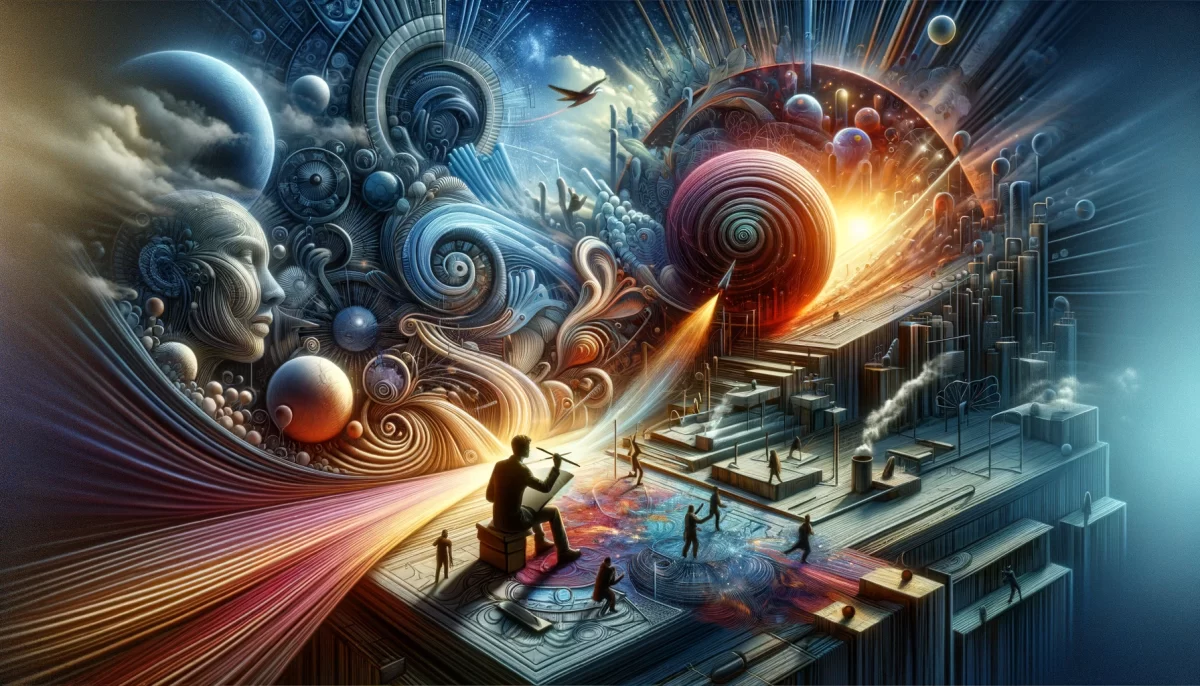

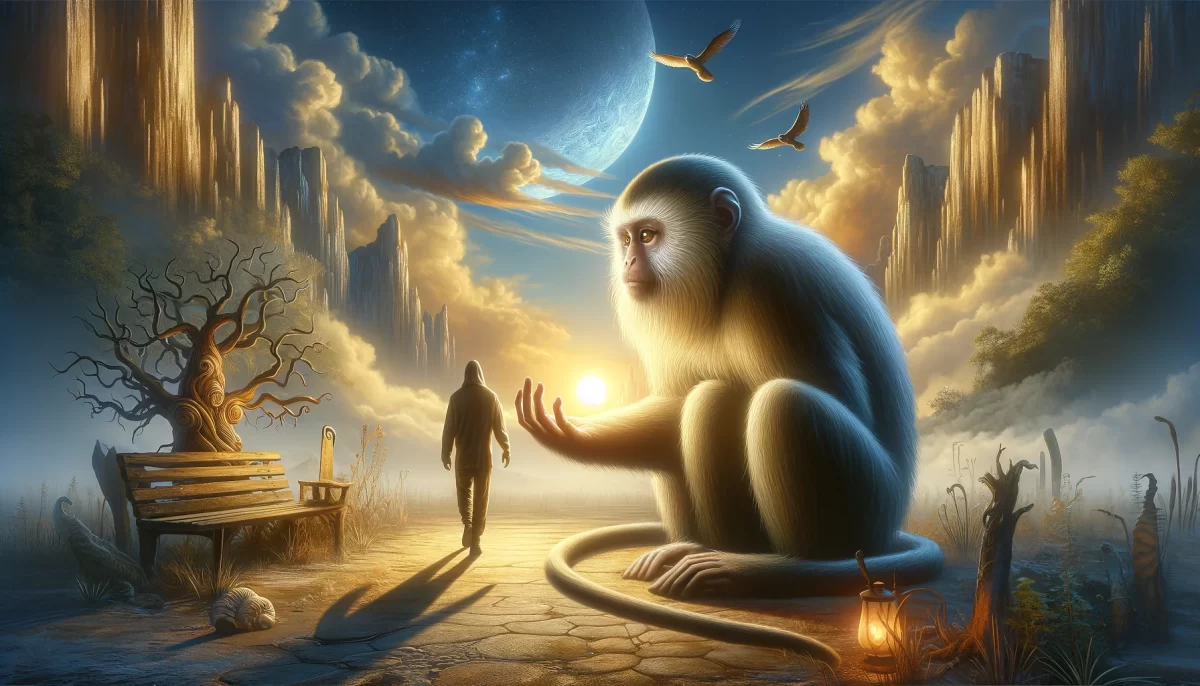
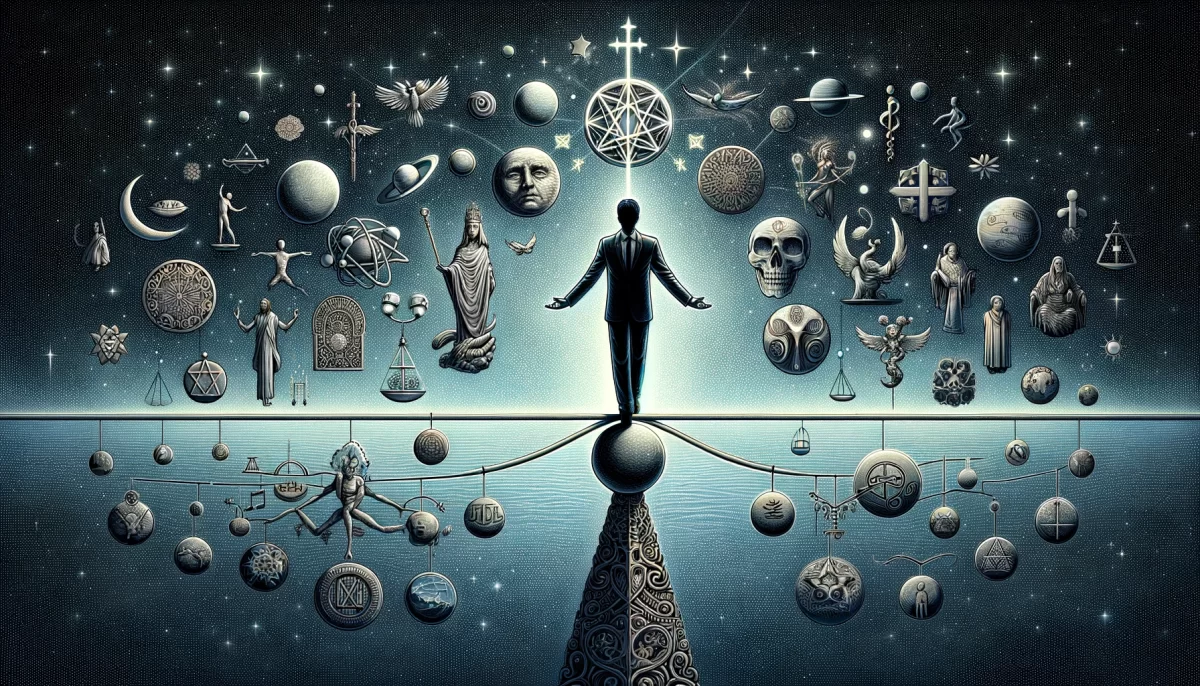
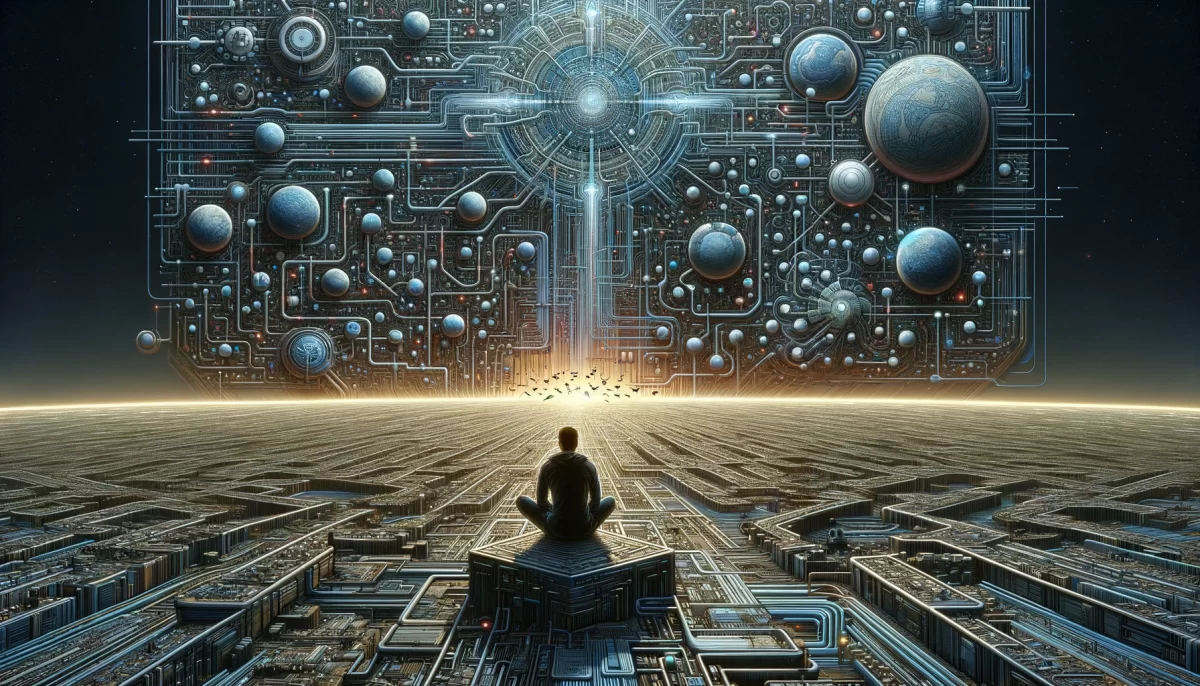
Leave a Reply